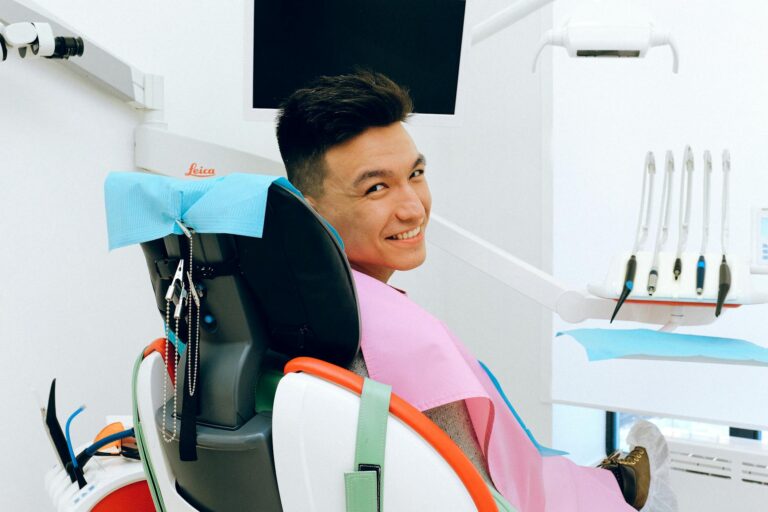Pediatric neurological disorders refer to a group of medical conditions that affect the nervous system in children. The nervous system is responsible for controlling and coordinating all the functions in the body, from breathing and digestion to movement and sensation. When there is a problem with the nervous system, it can lead to a range of symptoms and developmental delays.
There are various types of pediatric neurological disorders, and they can manifest in different ways. Some may affect a child’s physical abilities, while others may impact their cognitive or behavioral functioning. These disorders can also range from mild to severe, and their treatment and management can vary depending on the specific condition and its severity.
Some common pediatric neurological disorders include:
1. Autism Spectrum Disorder (ASD)
Autism Spectrum Disorder (ASD) is a developmental disorder that affects a child’s social skills, communication abilities, and behavior. Children with ASD may have difficulty with social interactions, struggle with language development, and engage in repetitive behaviors or have restricted interests. The severity of symptoms can vary greatly among individuals, and early intervention is crucial for improving outcomes.
2. Attention Deficit Hyperactivity Disorder (ADHD)
Attention Deficit Hyperactivity Disorder (ADHD) is a neurodevelopmental disorder characterized by inattention, hyperactivity, and impulsivity. Children with ADHD may have trouble focusing, sitting still, and following instructions. This can impact their academic performance, social relationships, and daily functioning. Treatment for ADHD may include medication, therapy, and behavioral interventions.
3. Cerebral Palsy
Cerebral Palsy is a group of motor disorders caused by damage to the developing brain. This condition can affect a child’s muscle control, coordination, and movement. It can also cause difficulties with speech, vision, and hearing. The severity of cerebral palsy can vary from mild to severe, and treatment options may include physical therapy, occupational therapy, and medications.
4. Epilepsy
Epilepsy is a neurological disorder characterized by recurrent seizures. Seizures occur when there is abnormal electrical activity in the brain. Epilepsy can affect children of all ages and can cause a range of symptoms, depending on the type and severity of seizures. Treatment for epilepsy may include medication, surgery, or dietary changes.
5. Intellectual Disability
Intellectual disability is a neurodevelopmental disorder that affects a child’s cognitive abilities and adaptive functioning. Children with intellectual disabilities may have difficulty with learning, problem-solving, and daily tasks. The severity of intellectual disability can vary, and treatment may involve special education, therapy, and support services.
6. Tourette Syndrome
Tourette Syndrome is a neurological disorder characterized by repetitive, involuntary movements and vocalizations called tics. These tics can range from mild to severe and can interfere with a child’s daily activities. In addition to tics, children with Tourette Syndrome may also experience behavioral issues and have co-occurring conditions such as ADHD or OCD. Treatment may include medication and behavioral therapy.
7. Muscular Dystrophy
Muscular Dystrophy is a group of genetic disorders that cause progressive muscle weakness and degeneration. This condition can affect children of all ages and can impact their ability to walk, stand, and perform other physical tasks. There is currently no cure for muscular dystrophy, but treatments such as physical therapy and medications can help manage symptoms and improve quality of life.
8. Down Syndrome
Down Syndrome is a genetic disorder caused by an extra copy of chromosome 21. This condition can cause developmental delays, intellectual disabilities, and physical characteristics such as a flat facial profile and upward slanting eyes. Early intervention programs and therapies can help children with Down Syndrome reach their full potential.
9. Rett Syndrome
Rett Syndrome is a rare genetic neurological disorder that primarily affects girls. It causes problems with movement, communication, and coordination. Children with Rett Syndrome may also experience seizures, breathing difficulties, and cognitive impairment. There is currently no cure for Rett Syndrome, but various therapies can help manage symptoms and improve functioning.
10. Spina Bifida
Spina bifida is a birth defect that affects the spine and spinal cord. This condition occurs when the neural tube, which forms the baby’s brain and spinal cord, does not close properly during development. The severity of spina bifida can range from mild to severe and can cause a range of symptoms, such as paralysis, bowel and bladder control issues, and learning disabilities. Treatment may include surgery, therapy, and assistive devices.
In conclusion, pediatric neurological disorders are a diverse group of conditions that can significantly impact a child’s physical, cognitive, and behavioral functioning. Early detection, diagnosis, and intervention are crucial for improving outcomes and helping children reach their full potential. With proper support and management, children with these disorders can lead fulfilling lives and achieve their goals.





